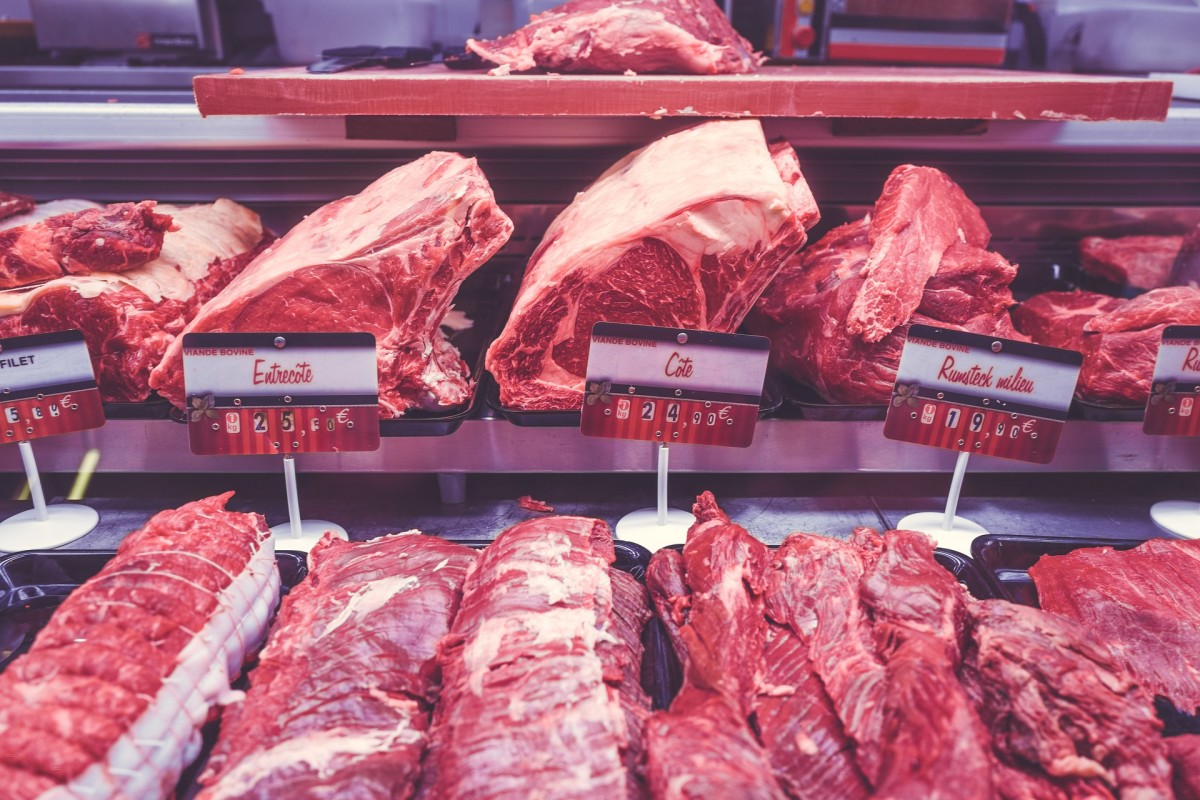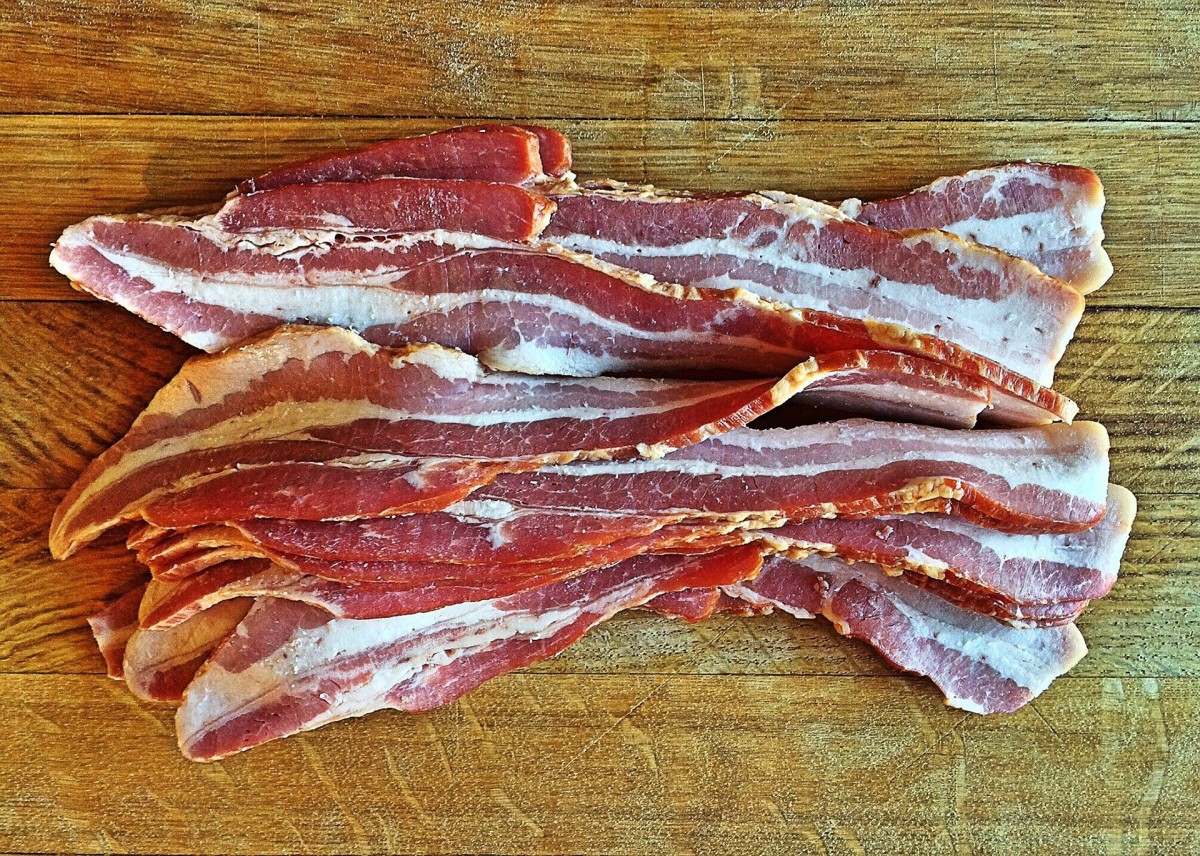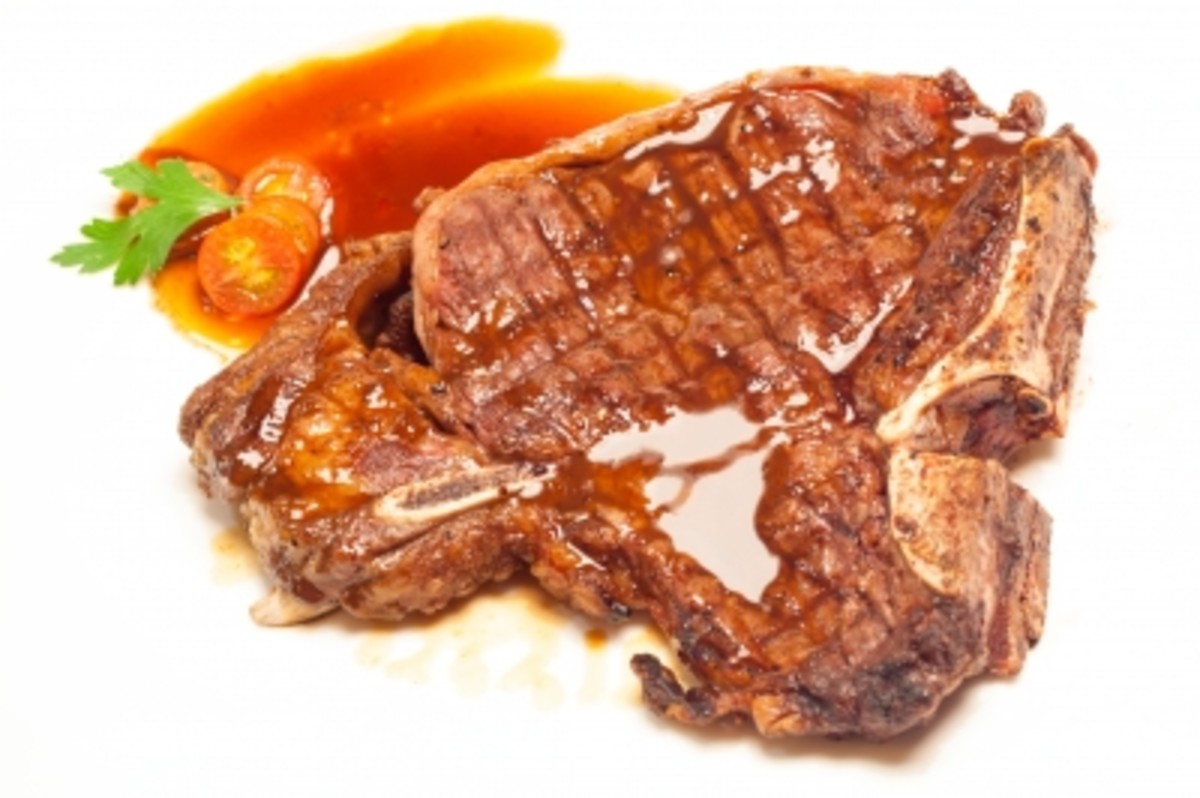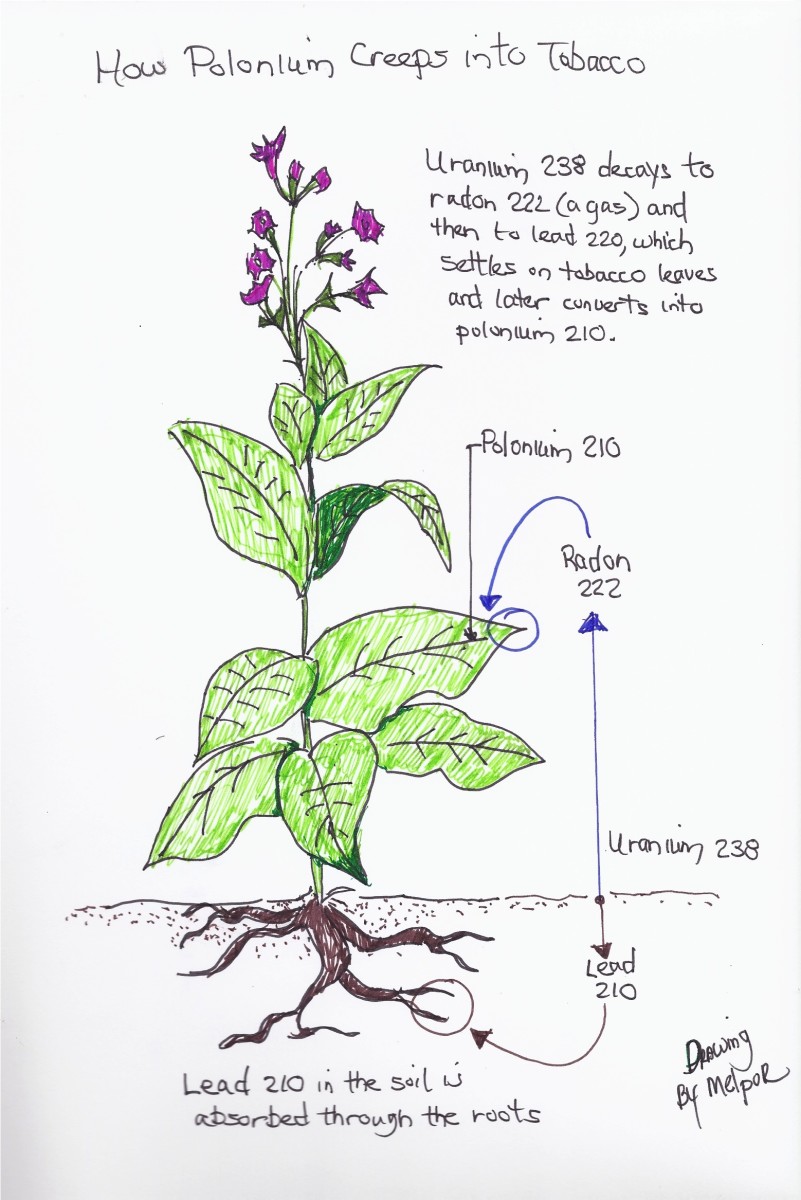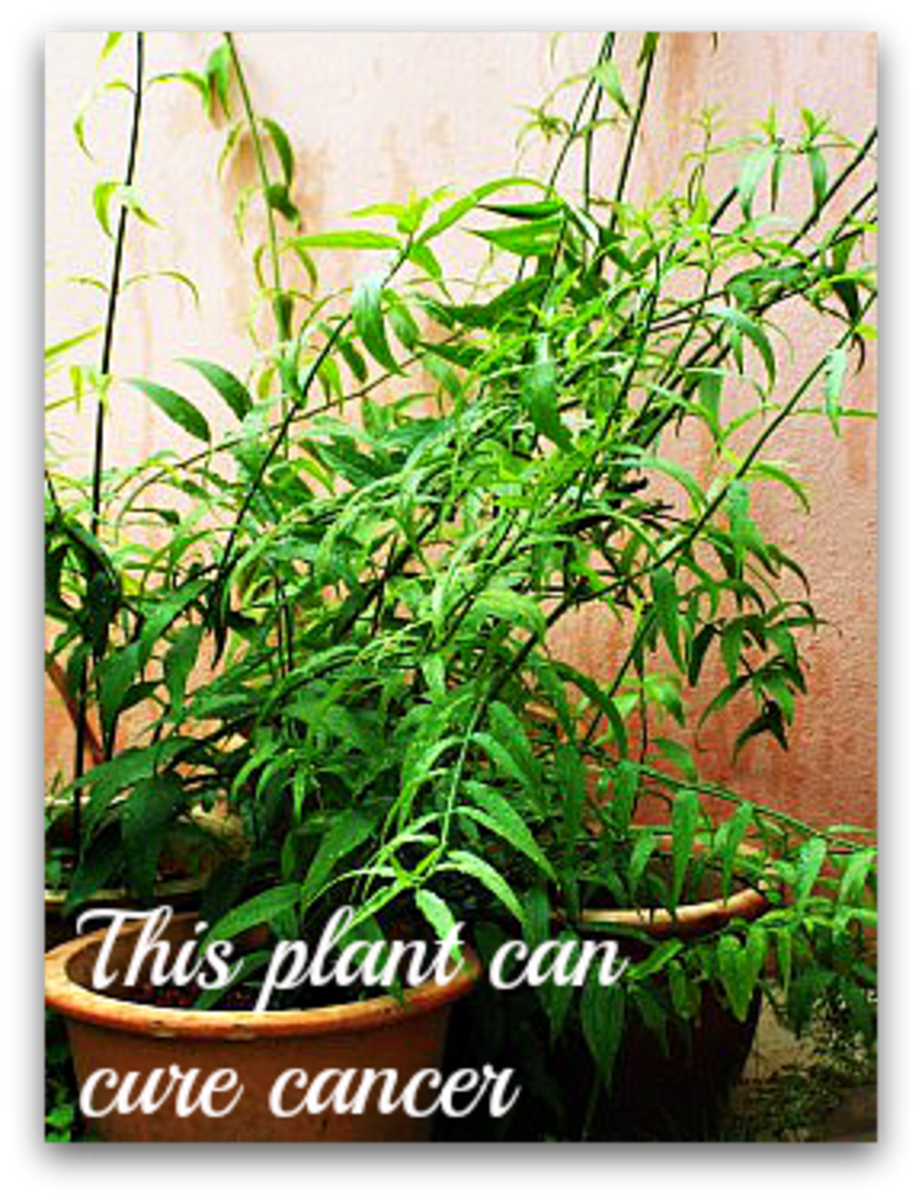Red Meat & Cancer
Introduction
As discussed on both (Katherine Zeratsky and Chris Kresser) websites, the blogs give a more vivid and a characteristic linkage of red meat and cancer. Katherine Zeratsky and Chris Kresser use various reviews and data to synthesize the claimed connection of how red meat leads to cancer in the long run.
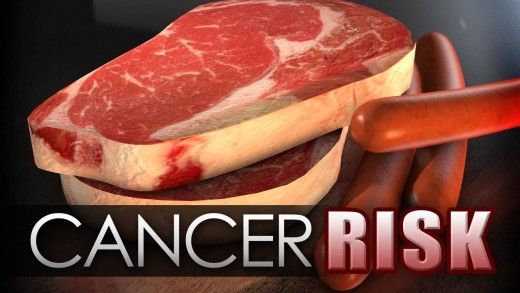
Again, she claims that red meat users have for a very long time overlooked the need to consume and work on diets that are based on plants rather than focusing on the ones that only have meat as their major concentration. She urges the populace, in his nutrition blog that has serious followers, to embrace the culture of having plant-based foods to minimize the risk of getting any forms of cancer and that in the event of doing so, they should b having a reasonable way of involving meat in their diet (Kresser, 2015). The argument she continues to press on is that foods that are oriented on plants are generally and widely recommended in achieving the long-term healthcare that is comfortable and acceptable as individuals grow old. She goes further and gives health tips that would ensure the healthier life is achieved in the long run. In a more important and concluding note on her blog, she totally agrees that consumption of red meat is a leading contributor to cancer.
Claims of both pieces on nutrition.
Katherine has short but precise direction on how the red meat has been linked to leading cancer. She gives a simple correlation of a 50 gram cured and processed meat were a consumption of the same amount has an 18% chance of being increased and that one is at risk of getting colorectal cancer (Kresser, 2015). The article denounces earlier claims that the eating meat on a daily means reduces the risk of getting cancer. She says that the reports had fewer interventions on the same, and they had little research mechanisms as of now.
She argues that since red meat has carcinogens and that cancer is caused by it, then the likelihood of getting cancer is high for the red meat users. Her report clearly gives a difference in red meat and the cured and processed meat. Natural and unprocessed meats are fondly found o be red and since the processed and cured meats have the same color, it does not, therefore, mean that both have equal rates of propagating cancer. Natural meat tends to be very nutritious on its origins (Kresser, 2015).
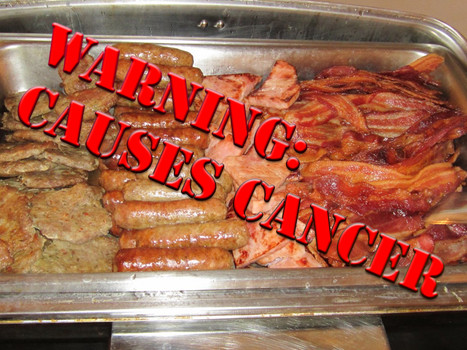
On the other side, Chris issues a rather different opinion concerning the purported claims that red meat leads to cancer. He claims that red meat is still not bad and that people should not be afraid that daily eating of the purported meat is recommended and accepted within certain levels (Zeratsky, 2015). However, the article acknowledges the fact that excessive consumption of red meat is totally unacceptable and has demeaning factors in the long run. On his analysis, he uses several excerpts from several sources and research to back his opinion that the cause of cancer is not merely on red meat and that the linkages claimed are founded on baseless facts and have weak comparison measures. He says it is absurd for renowned researchers to use bacon ad cigarettes as a comparison factors in the leading causes of cancer (Zeratsky, 2015). He claims that the researchers are dodgy and that they do not have strong arguing points while strong user biases have plagued others.
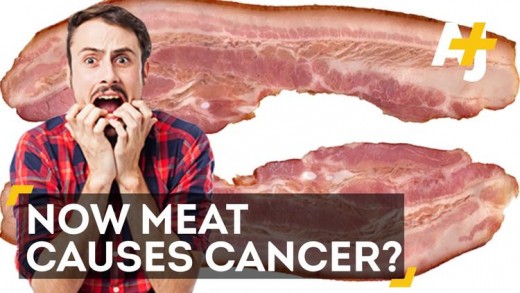
On his nutrition blog, which is jammed with so many fans and visitors, Chris further claims that red meat users have been studied to have lesser tendency of engaging the diets of fruits and vegetables. He highlights red dysbiosis as the condition of lacking fruits and vegetables (Zeratsky, 2015). He expounds on this by explaining that the users’ have other far-reaching eating behaviors that have proved to be detrimental in their long term health. Therefore, he observes that the claim that red meat hastens cancer among is not of profound nature, and that other factors have a contributing element in cancer propagation. On concluding his analysis on the nutrition and health standards about red meat, he says red meat consumption is not the leading and a contributor to cancer.
The knowledge level and their reliability
Both authors seem to argue on a very detailed note by giving bright illustrations that back their opinions on the associations between red meat and cancer. On getting to know them more, they have several articles on health issues that have run on their respective blogs. Kathrine has a certification from Minnesota State on dietetics and has been an active member in the formulation and development of nutrition-based curriculum in various places. She is a registered dietitian and has significant interests in food and nutritional topics. More so, she is the specialty editor for Mayo’s clinic website in the nutrition section. All these make her be a reliable source on the matter.
Chris, on the other hand, has a master’s degree in science and a licensed acupuncture, and he is globally renowned of his provoking thought on paleo nutrition and ancestral health. His blogs have been ranked as on the top 25 websites on health issues and has been a one-time best seller in the New York Times. Both articles have enough backing on their sources and have proved to be reliable. They are tailored towards the particular topic, and they don’t wander around in other areas; they specifically tackle topic one at a time and a more precise nature. Both websites have purposed to educate on the best practices concerning nutrition and health.
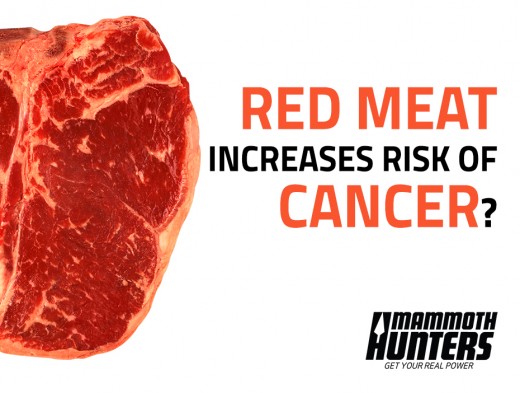
Corroborating sources
Kathrine and Chris have majorly argued their opinions basing on some facts others have research on. Both as a professional around this feeding issue have accumulated renowned evidence and studies that have been done by a more licensed and acceptable persons in the industry. They have used studies, concept reports, thesis and even professor’s opinions on various data sets that were analyzed. One can, therefore, come to a conclusion that these corroborating sources are credible and reliable on both opinionated articles.
Conclusion
Both pieces bring a basis of conclusion Basing on the both analyses; it can be concluded that in as much red meat consumptions lead to cancer, in the long run, other credible sources have purposed to denounce the claim, but significant research has more weight on red meat causing cancer. All these researchers seem to have good and proven points in health care, and thus it urged that we should engage ourselves in better living standards. This is applicable by observing the diet we partake in each and every day, and there are various resourceful articles, tips, and materials on how to undertake the healthy lifestyles standards that would endeavor mitigate the ever increasing cancer rates.

